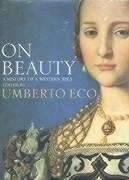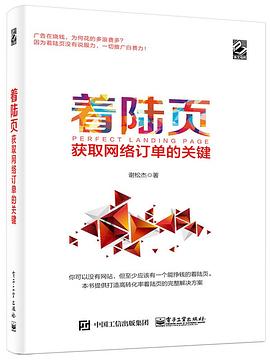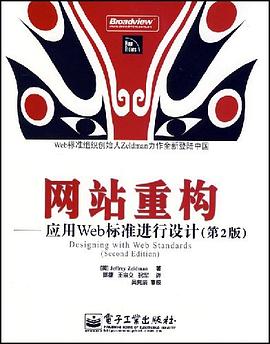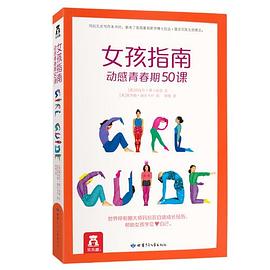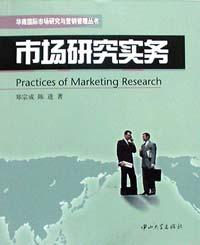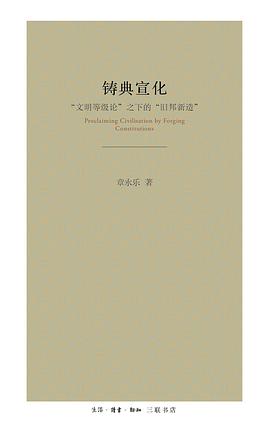On Beauty
内容简介
Beauty is neither a history of art, nor a history of aesthetics but Umberto Eco draws on the histories of both these disciplines to define the ideas of beauty that have informed sensibilities from the classical world to modern times. In terms of form and style, Beauty has been conceived for a vast and diversified readership: taking in painting, sculpture, architecture, film, photography, the decorative arts, novels and poems, it offers a rich and intelligent panorama of this huge subject. It traces the philosophy of aesthetics through history and examines some of the many treatises that have sought to define it. Beauty is Umberto Eco at his most captivating and eclectic: we read not only of Botticelli and Michelangelo but of how the fashion of the 1960s owes much to ancient Egyptian dress, and how ancient Roman and eighteenth-century hairstyles have much in common. It makes the familiar new, and sheds a brilliant new light on the unfamiliar. Illustrated in full colour throughout and produced to the highest standards, Beauty is an indispensable book.
......(更多)
作者简介
Umberto Eco is the author of four bestselling novels, The Name of The Rose, Foucault's Pendulum, The Island of The Day Before and, most recently, Baudolino. His collections of essays include Five Moral Pieces, Kant and the Platypus, Serendipities, Travels In Hyperreality, and How To Travel With a Salmon and Other Essays. A Professor of Semiotics at the University of Bologna, Umberto Eco lives in Italy.
......(更多)
目录
......(更多)
读书文摘
在关于爱情的所有谎言中,最大的谎言就是它使你获得自由。
柏拉图说,肉体是囚禁灵魂的暗窟,因此感官之见必须以思想所见来克服,思想欲有所见,须知辨证之术,易言之,须知哲学。艺术是真美的谬妄摹仿,道德对青少年有害,因此最好从学校禁绝,代之以几何形式之美。几何形式以比例及数学的宇宙观念为根据。
......(更多)
